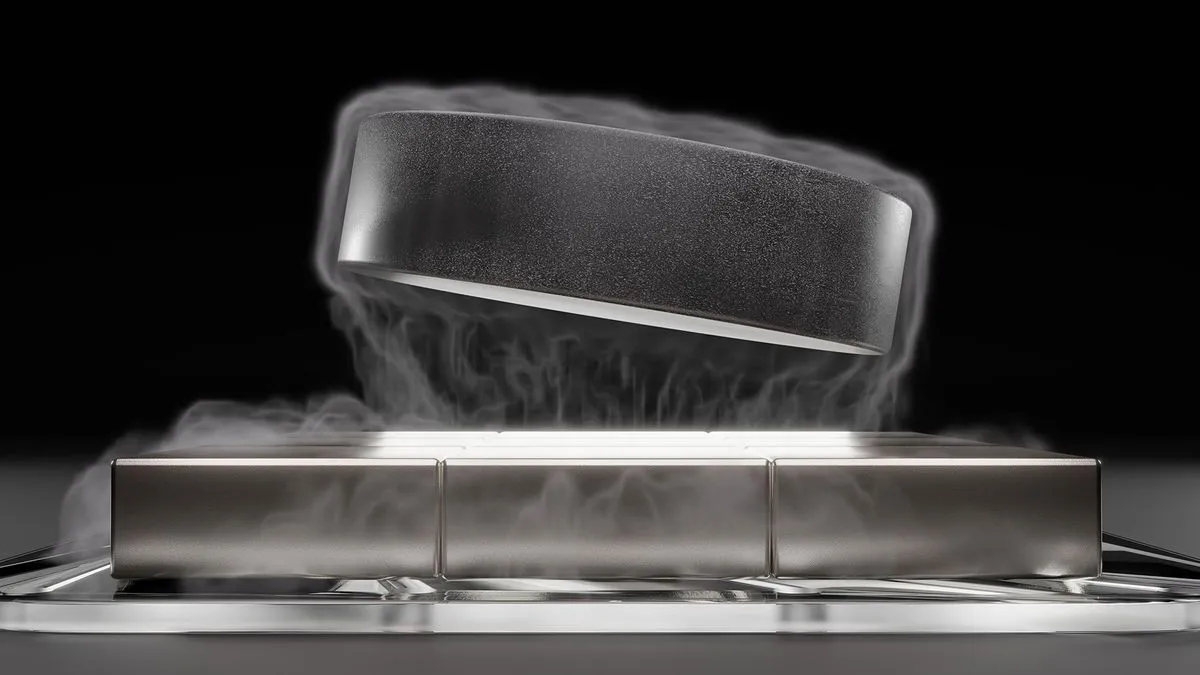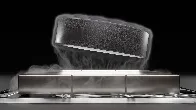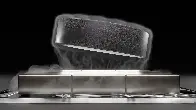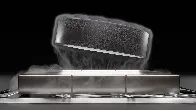Super simple ELI5:
- Electronics (computers/phones/laptops etc) work by running electricity through stuff ("conductors").
- While moving, the electricity "bumps" into stuff on the way. That’s bad, and only the reason electronics get warm. Electric energy is turned into heat instead of doing its job.
- In a superconductor, electricity does not bump into stuff. Everything works smoothly, no waste heat. Batteries would last longer. Heat damage would no longer be (as much) a concern. Basically, all-around better.
The warmest current conductor I’ve read about only worked at below -27 °C, I think, and needed huge pressure, like on the ocean floor. Others work at surface pressure but require even lower temps.
Benefits of safe, cheaply mass-produced, room-temperature, [EDIT: and workable] surface-pressure superconductors:
- Massively better battery life of everything.
- Much, much more efficient use of anything that needs electricity, reducing cost of everything that needs electricity.
- Extremely efficient energy transfer (power lines etc can lose a lot of energy on the way), making electricity itself cheaper.
- Some inventions are suddenly much more feasible (Maglev trains and hoverboards are examples I’ve seen mentioned, but don’t ask me about the science behind that.)
- Electronics can become smaller, yet again. It would probably make Smartwatches and "Spatial Computing" devices more feasible.
EDIT: Based on one YT video, I’ll add that the material also needs to be able to worked into various forms and solid/stable enough not to crumble over time. Apparently, there are some technically great superconductors already, but they crumble apart or lose their superconductor status if electricity flows through them the wrong way, or something, making them useless.




